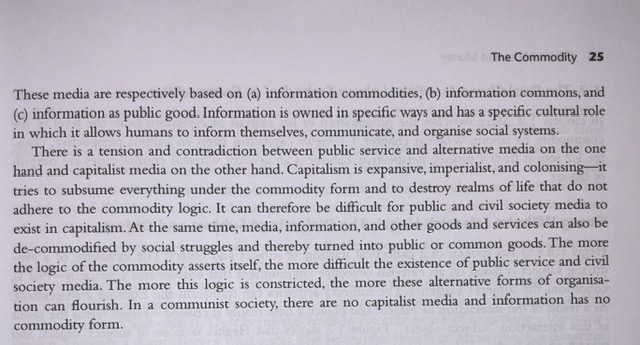The liberal theory of free press- James Curran
“the freedom to publish in the free market ensures that the press reflects a wide range of opinions and interests in society”
“the market based press is independent because it owes allegiance only to the public”
“the press is not Representative, because it is owned and controlled by the powerful”
“the standard themes of liberal theory are open to more far reaching objections that are provided by the press commissions”
Broadcasting and the theory of public service- Jean Seaton
“British broadcasting was started as a public service, and this proved as creative commercially as it was innovative culturally.”
“the BBC creating a image of its audience as ‘participants’ in the great affairs of the nation”
“broadcasting in Britain- monopoly-duopoly- always depended on an assumption of commitment to an undivided good.”
“one cause of the collapse of the principle of public service broadcasting has been the deterioration in the relationship between the state and broadcasting institutions.”

capilist media- big conglumerates, making capital
public service media- BBC, dosent make profits, reinvest money into the business, role is to inform the public
civil society media- very small independent media- parish newsletter, hospital radio, etc

